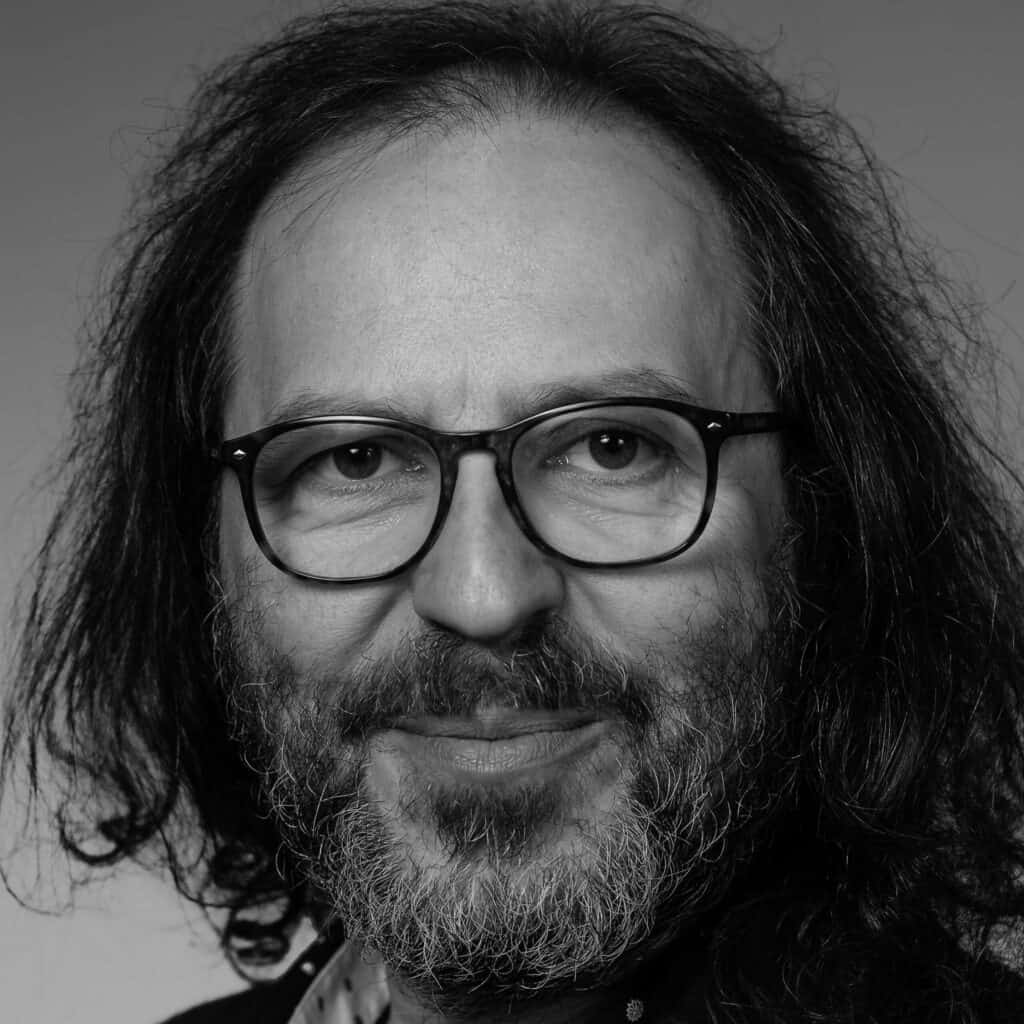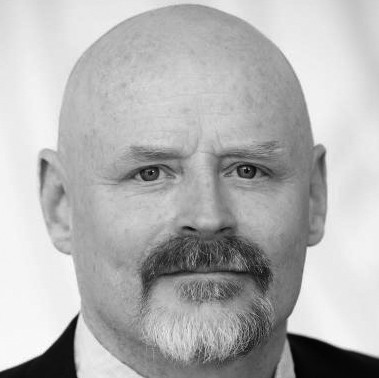As Universitetsläraren has reported previously, an increasing proportion of doctoral candidates lack proficiency in the Swedish language. Melissa Reidy, a doctoral candidate at Umeå University, is one of many who believe that international doctoral candidates should be allowed to study Swedish as part of their education.

Melissa Reidy
Doctoral candidate at Umeå University.
Reidy is from Australia and has now lived in Sweden for four years. As soon as she arrived here, she wanted to start learning Swedish, but the covid pandemic put an end to those plans during the first year. In 2021, she took a paid online course through Folkuniversitetet, and the following year she started an SFI (Swedish for Immigrants) course.
“Both courses really improved my Swedish, but they were difficult to combine with a full-time job as a doctoral candidate. Especially as the courses require you to attend lessons during normal working hours,” she tells us. She has now found a course at Folkuniversitetet that offers morning lessons online, which works well for her.
When Reidy studied Swedish through SFI, she campaigned unsuccessfully at the university for doctoral candidates to be compensated for learning Swedish.
“I argued that we should get at least three ECTS credits if we get a pass grade in Swedish through SFI. But it was explained to me that since studies in Swedish are not part of the national goals for doctoral education, I could not receive credits for it.”

Dieter Müller
Deputy Vice-chancellor at Umeå University.
Deputy Vice-chancellor Dieter Müller at Umeå University confirms the university’s position.
“In principle, we naturally encourage doctoral candidates to learn Swedish. However, doctoral education aims to convey specific scientific skills and knowledge. That does not normally include language skills,” he says.
He believes there is an obstacle at national level.
“The political signals communicated towards international doctoral candidates are not very welcoming. If the state says that when you have finished your education you should leave the country, then why should you learn Swedish?”
Melissa Reidy points out that it takes time and commitment to learn the language. She believes it is not fair that international doctoral candidates should make that effort alongside their full-time work without being compensated.
“Some universities need to realise that it is not the case that international doctoral candidates do not try to learn Swedish. I have never met a doctoral candidate from another country who does not want to learn Swedish,” says Reidy.

Staffan Svärd
Acting deputy vice-chancellor for technology and natural sciences, Uppsala University.
Uppsala University wants to support doctoral candidates who study Swedish.
“We have understood that in order for doctoral candidates to be able to be part of the university, then they need to have better Swedish skills, above all to help with teaching but also to be able to interact with everyone else on equal terms,” says Staffan Svärd, acting deputy vice-chancellor for technology and natural sciences.
Uppsala University arranges specially designed courses that are at a more advanced level than SFI and with schedules adapted to the doctoral candidates work requirements.
“As these courses are at a slightly higher level, we can also give doctoral candidates university credits for them,” says Svärd.
SULF’s position is that all foreign doctoral candidates should be offered Swedish language courses, either as part of their doctoral studies or in another way that does not interfere with their education. Furthermore, Swedish language skills will become a requirement for eligibility for permanent residence permits and citizenship, the union writes in an email.
The Job Security Foundation, Trygghetsstiftelsen, warns that a lack of Swedish language skills can be a problem in the labour market.
“Society wants people who have been here for four or five years and have a doctorate to establish themselves in the Swedish labour market. The Job Security Foundation’s experience is that Swedish is a door opener that makes it easier for people to get a job outside academia,” says Åsa Helldén Ruocco, head of communications at the foundation.
















